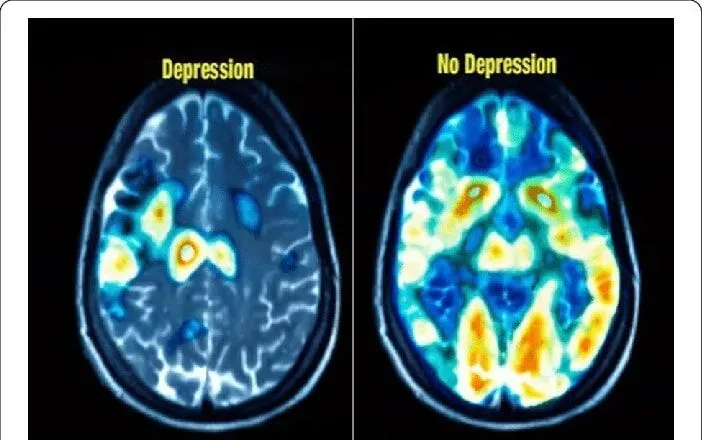Can Depression Be Genetic?
Depression is a complex mental health condition that affects millions of people worldwide. While its symptoms are well-documented, there’s ongoing debate about the role genetics play in its development. Can depression be inherited? Let's delve into the evidence and understand the connection between genetics and depression.
The Genetic Component of Depression
Research indicates that genetics play a significant role in the development of depression. Studies involving twins and families provide insight into how much of depression’s cause is genetic. Identical twins, who share 100% of their genes, have a higher likelihood of both experiencing depression compared to non-identical twins who share only 50% of their genes. This suggests a substantial genetic component, with heritability estimates ranging between 40-50% for major depression. The risk is even higher for severe forms of depression.
- Family History: If a person has a family member with depression, their risk of developing the condition is approximately two to three times greater than the general population. This risk is heightened if the family member experienced recurrent depression or if the onset was early in life.
- Adoption Studies: Adoption studies also support the genetic link. Individuals who were adopted and have a biological parent with depression are more likely to develop depression themselves, even if they were raised in a different environment.
- No Single “Depression Gene”: Unlike rare genetic disorders caused by a single defective gene, depression is influenced by multiple genetic factors. No single gene has been identified as the cause of depression. Instead, various combinations of genetic variations contribute to a person’s susceptibility to the condition.
Non-Genetic Factors and Depression
While genetics play a crucial role, depression is also influenced by non-genetic factors. Severe childhood trauma, neglect, and significant life stress are known risk factors. Additionally, early loss of a parent can increase the likelihood of developing depression. These environmental factors can interact with genetic predispositions, making depression a multifaceted condition.
Genetics and Related Conditions
Depression often coexists with other conditions, such as anxiety disorders and bipolar disorder. Genetic research suggests that the same genetic factors might increase susceptibility to both depression and anxiety disorders. Similarly, individuals with bipolar disorder, characterized by alternating episodes of mania and depression, are at higher risk for both mood disorders. There’s also evidence that a general tendency towards experiencing negative emotions, or “neuroticism,” might be genetically influenced and linked to depression.
Understanding the Role of Genetics in Depression
The genetic predisposition to depression does not mean that one will inevitably develop the condition. Rather, genetics may increase susceptibility, interacting with environmental factors to influence whether or not someone develops depression. Recognizing this interplay is essential in understanding the complex nature of depression and the importance of a holistic approach to treatment.
In summary, depression has a significant genetic component, with research indicating that genetic factors contribute to a substantial portion of the risk. However, no single gene is responsible, and environmental factors also play a crucial role. Understanding the genetic basis of depression can help in developing more personalized and effective treatment strategies, highlighting the need for continued research in this area.



